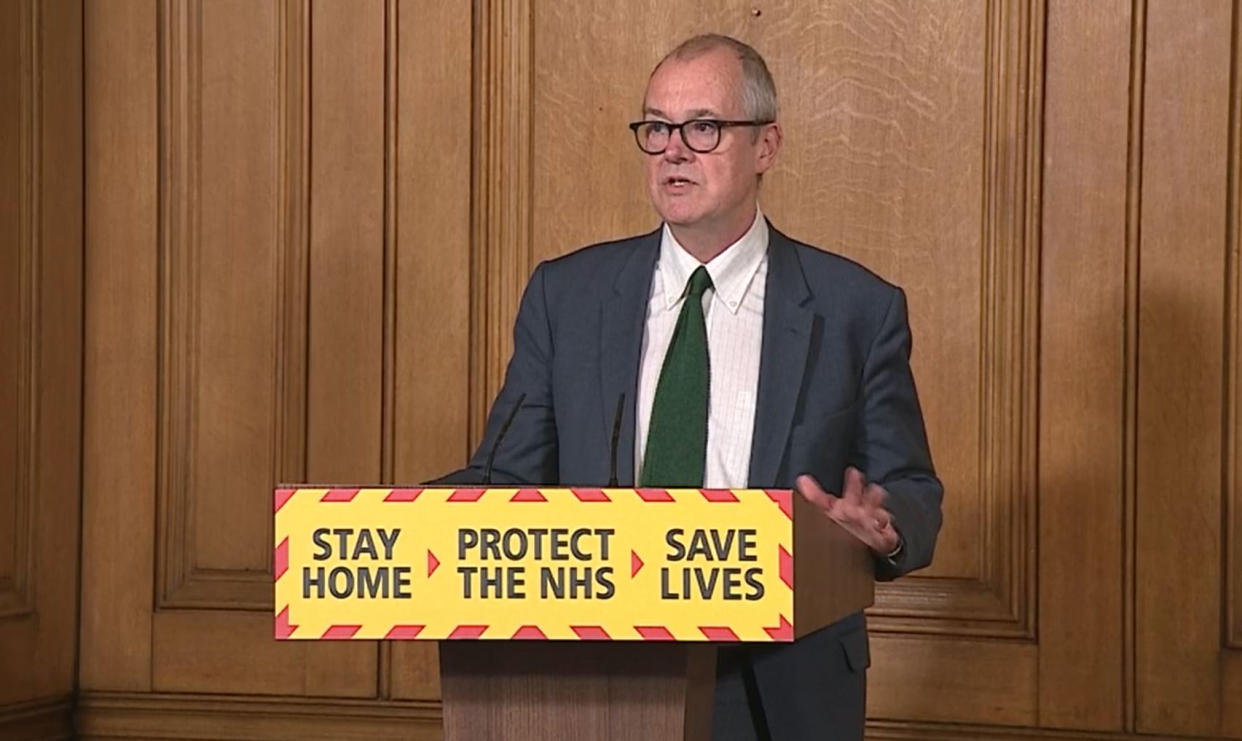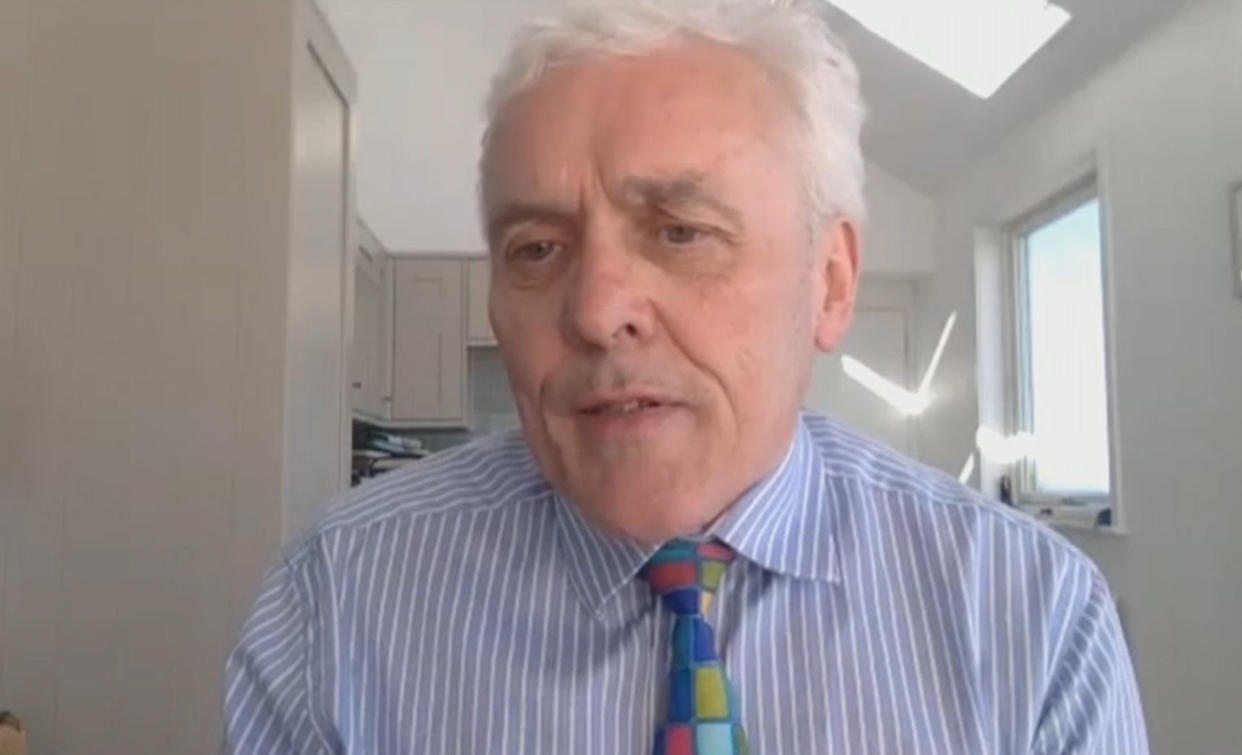Coronavirus: Plan for pandemic lasting 'years to come', expert tells government

A member of a body of experts shadowing the government’s Sage scientific advisory board has warned the UK to plan for a coronavirus pandemic lasting “years to come”.
The 12-strong group was set up by Sir David King, a former chief scientific adviser to prime ministers Tony Blair and Gordon Brown, as an alternative to Sage because he believes government experts are not able to “speak their minds”.
Deenan Pillay, professor of virology at University College London, said at the body’s first meeting on Monday: “It is the mantra here that we somehow need to survive until a vaccine becomes available.
“But of course not only is there uncertainty around that, but even when a vaccine becomes available, that vaccine does not infer 100% protection in everyone that is given it.

“There's all the variables such as the duration of the prevention, the uptake and so forth.
“So I would like to also suggest that when we're talking about how the future looks and guiding that scientifically, we're actually thinking for a long-term pandemic with ups and downs, an endemic infection that will come up and down for maybe years to come, with perhaps interventions such as maybe vaccines, maybe partially uptake and so forth.”
Latest coronavirus news, updates and advice
Live: Follow all the latest updates from the UK and around the world
Fact-checker: The number of COVID-19 cases in your local area
6 charts and maps that explain how coronavirus is spreading
Experts have already warned that an effective vaccine could take years to develop, if one can be developed at all.
Pillay added: “I do think we should frame things in that context when we're thinking about... the future strategy.”
Sir David has said he created the new shadow group to emphasise the "importance of transparency”, after concerns were raised about how Sage, which is headed by chief scientific adviser Sir Patrick Vallance, was informing ministers’ response to the COVID-19 crisis.

He said he was worried that ministers were “setting the scientists up to be the fall guys” in the aftermath of the pandemic.
Sir David and his colleagues on the Sage shadowing board will focus on seven key points, including how testing and tracing can work, and the future of social distancing.
“We don’t know what advice is coming from the scientists on Sage into the government,” he told BBC Radio 4’s Today programme. “There is no transparency in the process.
“When ministers and the prime minister say that they are simply following the science advice all the time, we the public don’t have any check on that.”
In a separate interview on Sky News, he said: “At the moment when ministers say they are following the science advice, I’m just a little worried because I don’t know what the specifics of the advice are. I’m just a little worried the ministers are setting the scientists up to be the fall guys.”
Former World Health Organization director Anthony Costello was also at the meeting, and said he felt Britain had not handled the crisis as well as many other countries.
He said: “Although we have done well in terms of the NHS managing the surge, I don't think we would say we've done well in comparison to other countries in terms of managing this first stage of the epidemic.

Referring to the UK's approach to lifting lockdown, he said: “It still feels to me like a managed spread option – this is a pandemic, we can't stop it, we have to let it spread through our population but in a managed way.”
The group will submit its findings to the House of Commons' health select committee.



